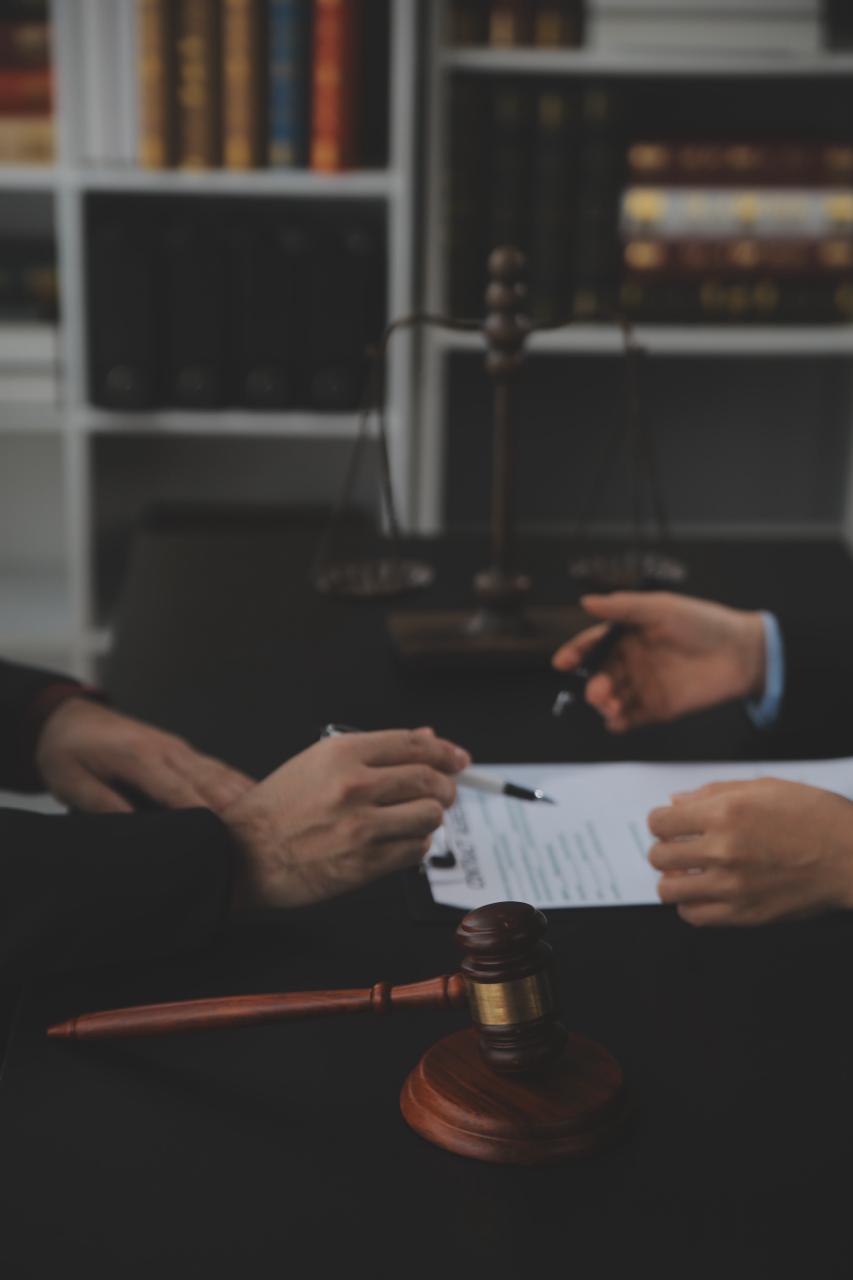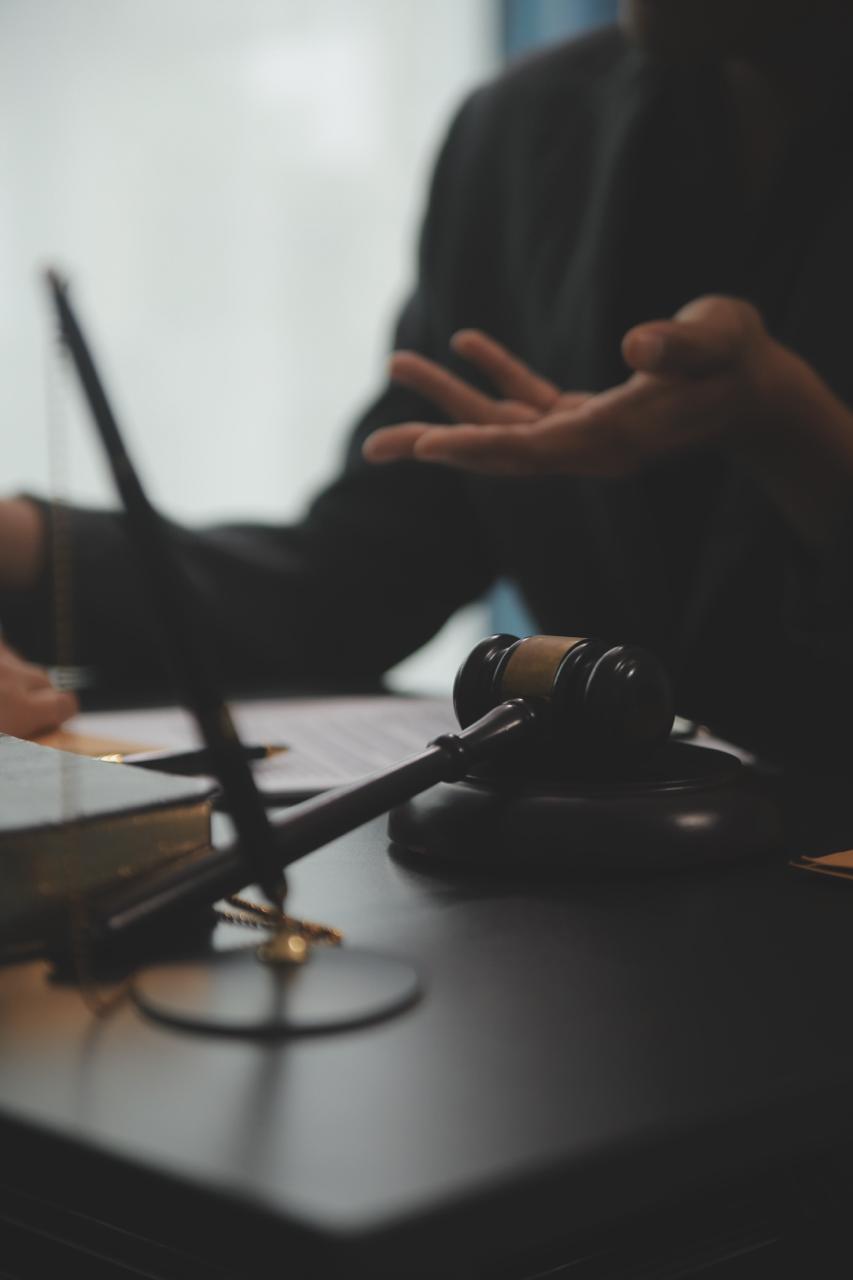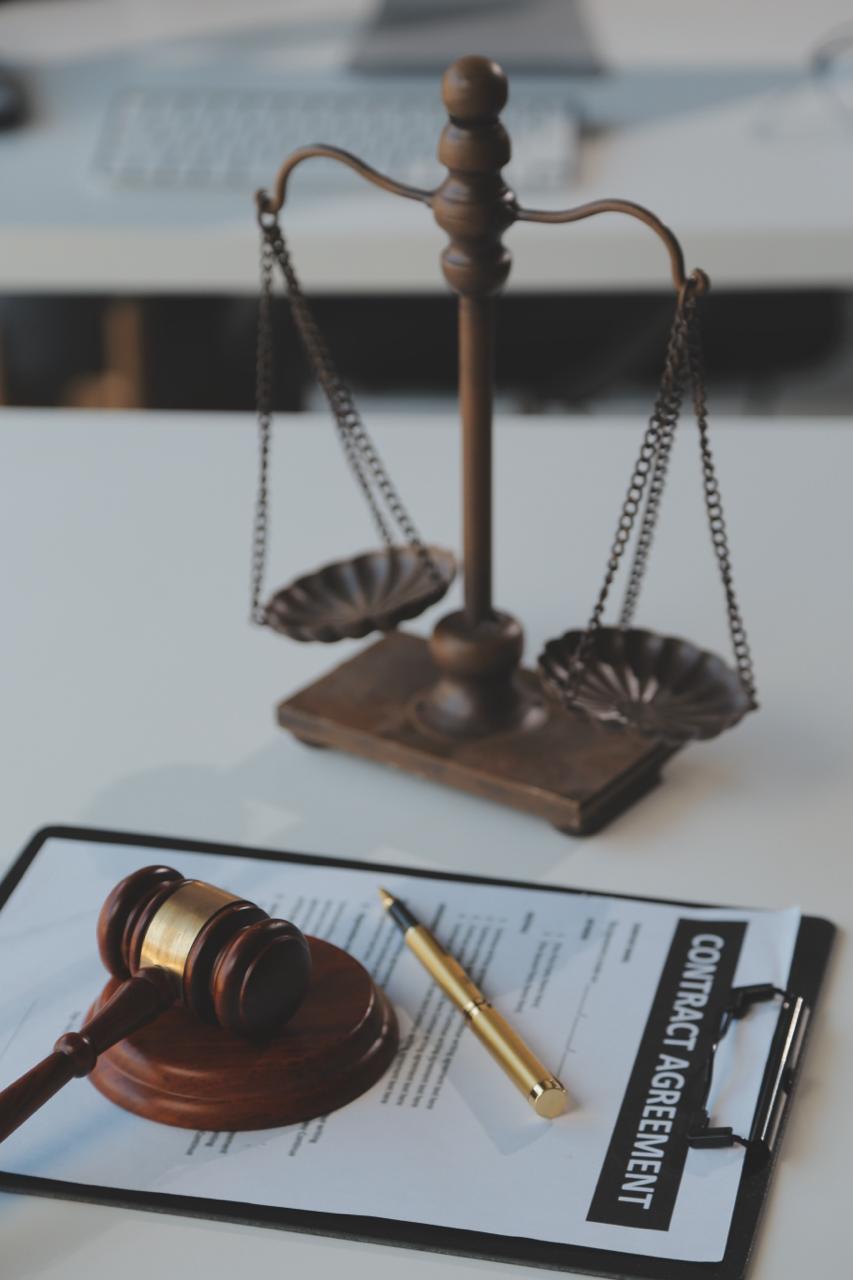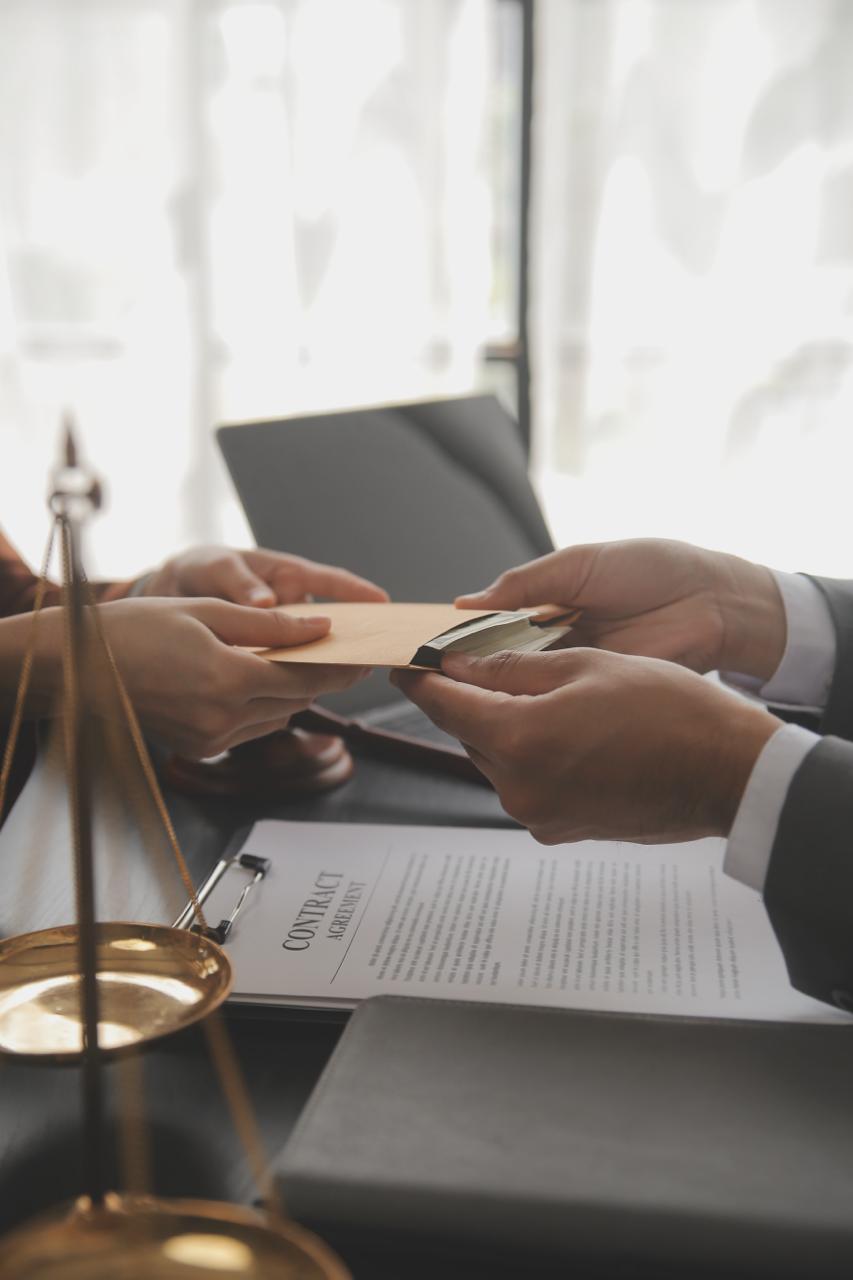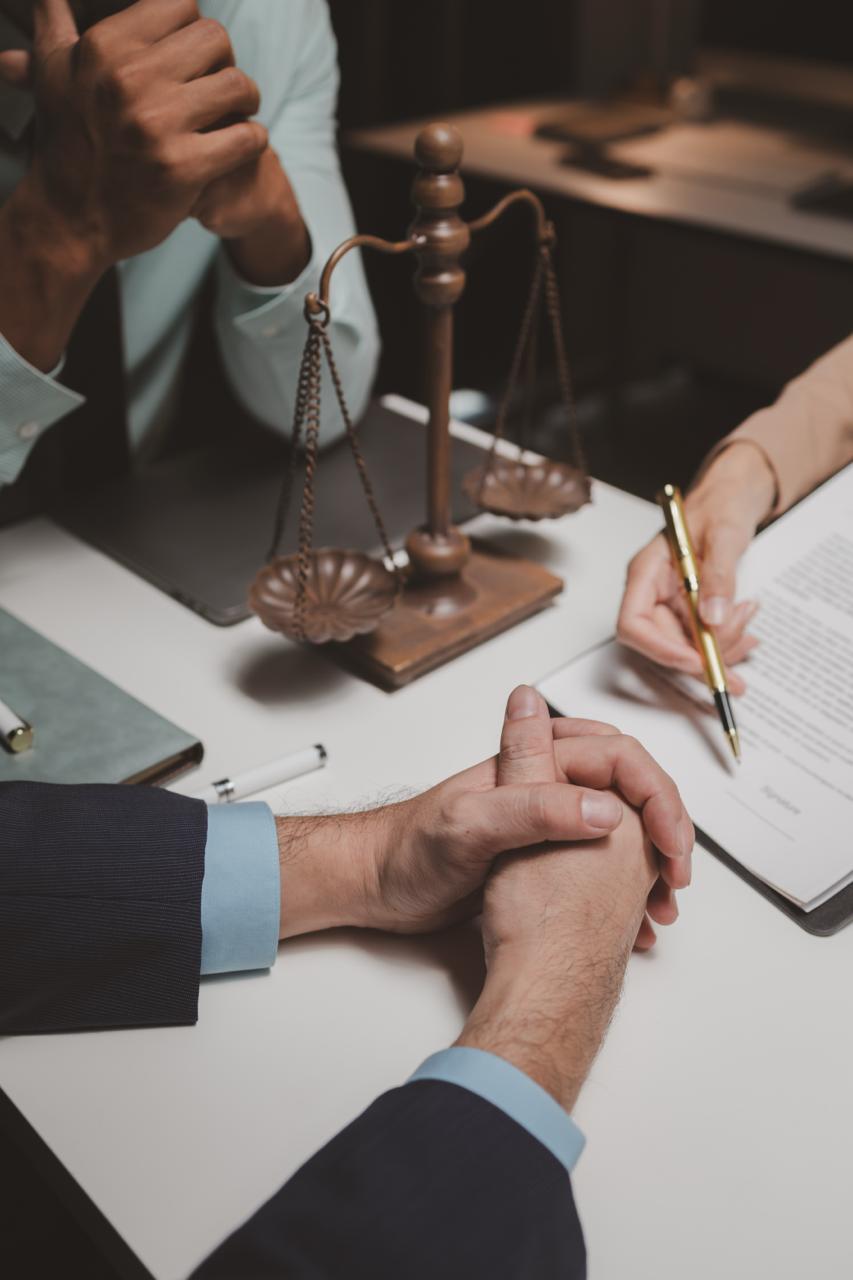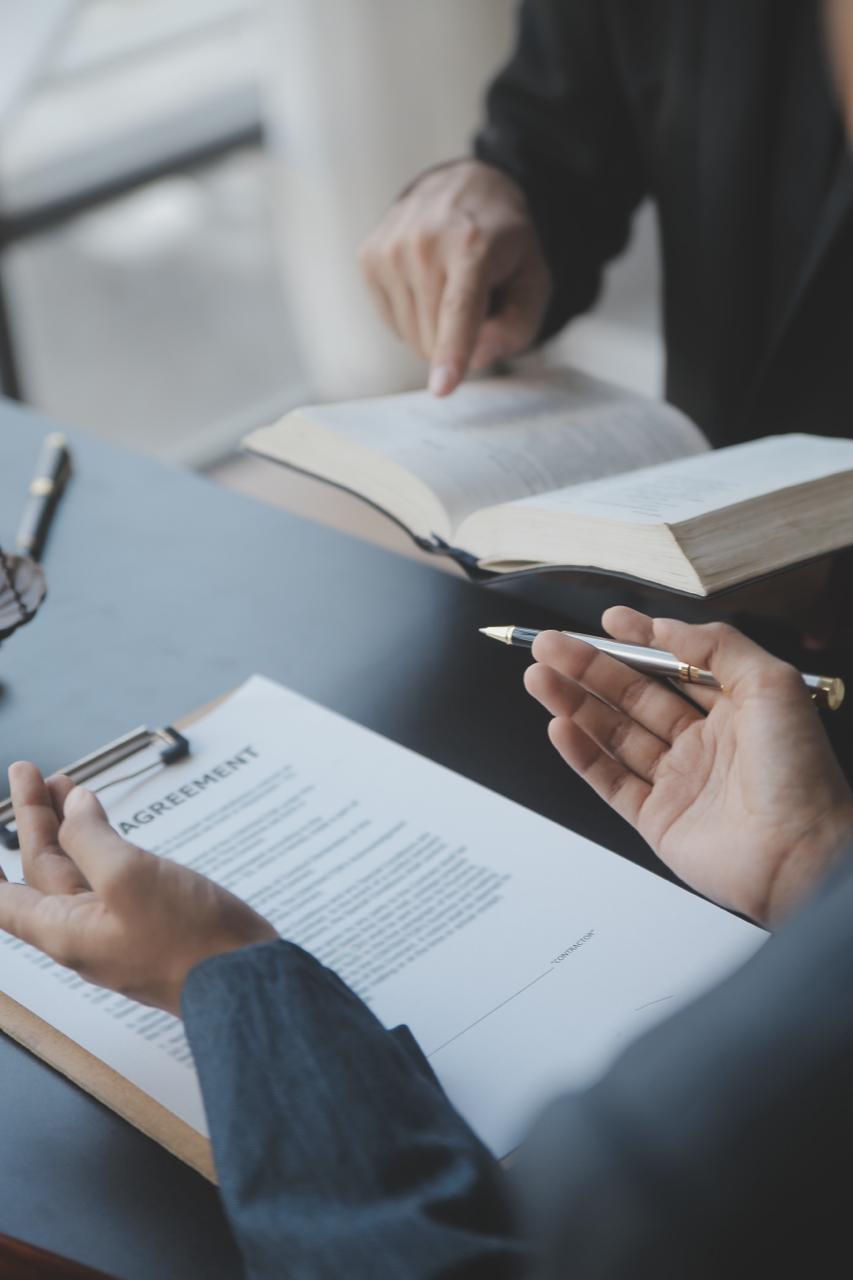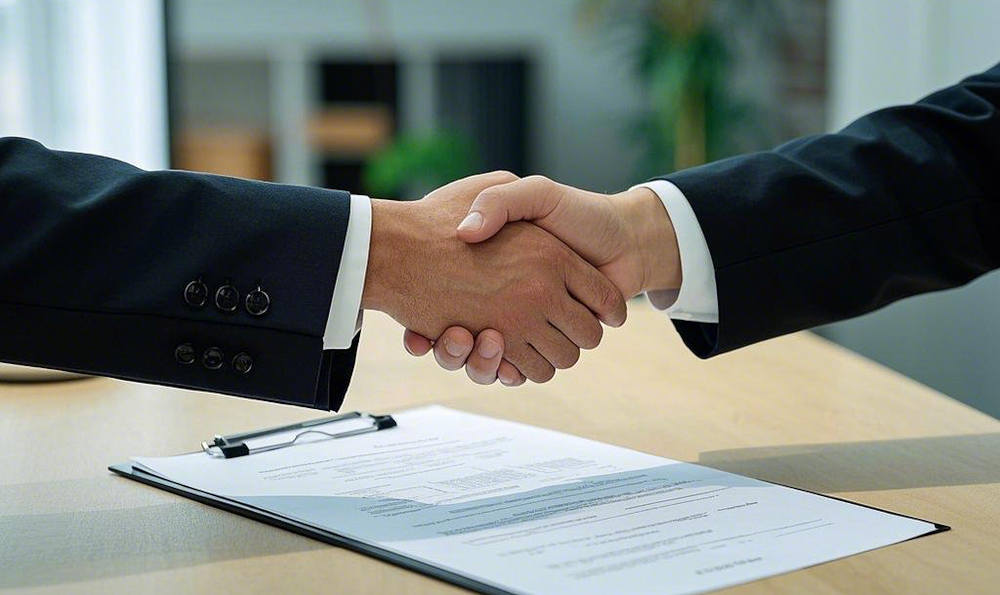In Belarus, intellectual property is classified into two main legal categories: copyright and related rights, and industrial property. Copyright safeguards the rights of creators over works of literature, art, publications, photographs, and audiovisual materials. Industrial property includes inventions, utility models, trade secrets, plant varieties, trademarks, and trade names. Legal protection for these assets is granted following expert examination by the national patent authority.
Once an object of industrial property is registered in the state intellectual property register and a patent or certificate is issued, it receives full legal protection under Belarusian law. Oversight of intellectual property registration, enforcement, and policy implementation is centralized through the National Center of Intellectual Property, which operates under the State Committee on Science and Technology. This structured approach ensures both creators and rights holders can effectively protect and manage their intellectual assets within the jurisdiction.
Where intellectual property disputes are considered
In Belarus, disputes in the field of intellectual property are considered by the judicial board for intellectual property of the Supreme Court. For the preparation of documents and judicial representation, we recommend using the services of lawyers who have experience representing business interests in intellectual property disputes, since this area has its own specifics.
How to apply to the judicial board for intellectual property
You can apply to the judicial board with a statement of claim or with a complaint. It depends on the requirements.

